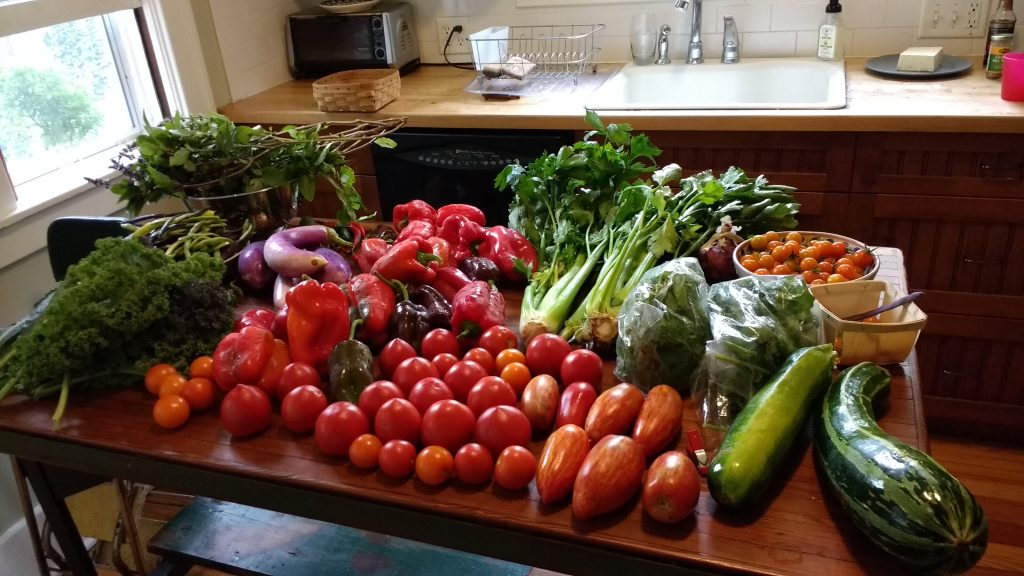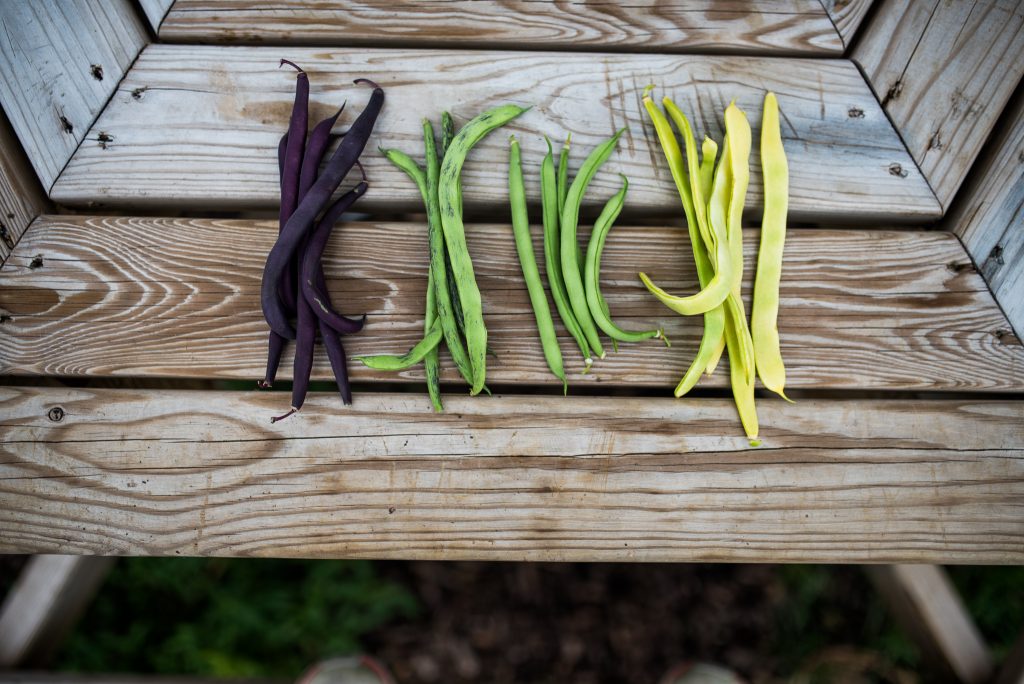By Jacob VanderRoest, Hope Advocates for Sustainability
With the onset of a new year, resolutions will inevitably be proposed. In my opinion, there are two characteristics of a quality resolution: The resolution has a positive impact, and it is easy to maintain.
I have a resolution that satisfies both of these requirements: Eating less meat. In addition to the health benefits, this slight change to your diet can profoundly benefit the environment. And it is easy to do.
As a Hope College student who is a member of the Hope Advocates for Sustainability organization, I am very concerned about protecting the environment and conserving our resources. Surprisingly, what we choose to eat can have a significant impact on the environment and place a considerable demand on our resources.
For example, producing one kilogram of beef emits 27.0 kilograms of carbon dioxide, whereas the production of one kilogram of potatoes emits only 2.9 kilograms of carbon dioxide.
In addition to carbon dioxide emissions, certain foods require more water to produce. The production of one kilogram of beef requires 15,415 liters of water! Comparatively, producing one kilogram of potatoes only requires 287 liters of water.
Overall, the production of meat, especially beef, generally emits more carbon dioxide and requires more water compared to the production of fruits, vegetables, and grains. So, eating less meat and transitioning towards a “plant-based” diet can decrease our resource consumption while simultaneously minimizing our carbon footprint.
The key here is simply eating less. You certainly do not have to become a vegetarian or vegan to have a positive impact. If you consciously decide to decrease your personal meat consumption, you are directly helping.
This idea could seem fairly challenging at first, but the process of reducing meat consumption can be gradual and easy. I know this to be true since over the pasts year, I’ve been slowly reducing how much meat I eat.
I recommend starting with choosing to not eat meat for one meal of the day. For me, I didn’t eat
meat during breakfast but continued my regular eating habits during lunch and dinner. After I adjusted to this slight alteration after a few weeks, I decided to not eat meat on a certain day of the week (which happened to be Sunday) in addition to not eating meat during breakfast. From there, I continuously removed meat from my diet in a gradual and fairly unnoticeable fashion.
So, if you are concerned about the environment, long to help conserve our resources, or are just looking for an easy New Year’s resolution, please try not eating meat for one meal a day.
Jacob VanderRoest is a Hope College junior majoring in chemistry. He runs on the cross country and track teams and is a member of Hope Advocates for Sustainability who also is a proponent of a plant-based diet due to the benefits toward health and the environment.
This Week’s Sustainability Framework Theme
Environmental Awareness/Action: Environmental education and integrating environmental
practices into our planning will change negative outcomes of the past and improve our future.
ABOUT THIS SERIES
Living Sustainably is a collection of community voices sharing updates about local sustainability
initiatives. It is presented by the Holland-Hope College Sustainability Institute, a joint project of Hope College, the City of Holland and Holland Board of Public Works. Go to www.hope.edu/sustainability-institute for more information.



